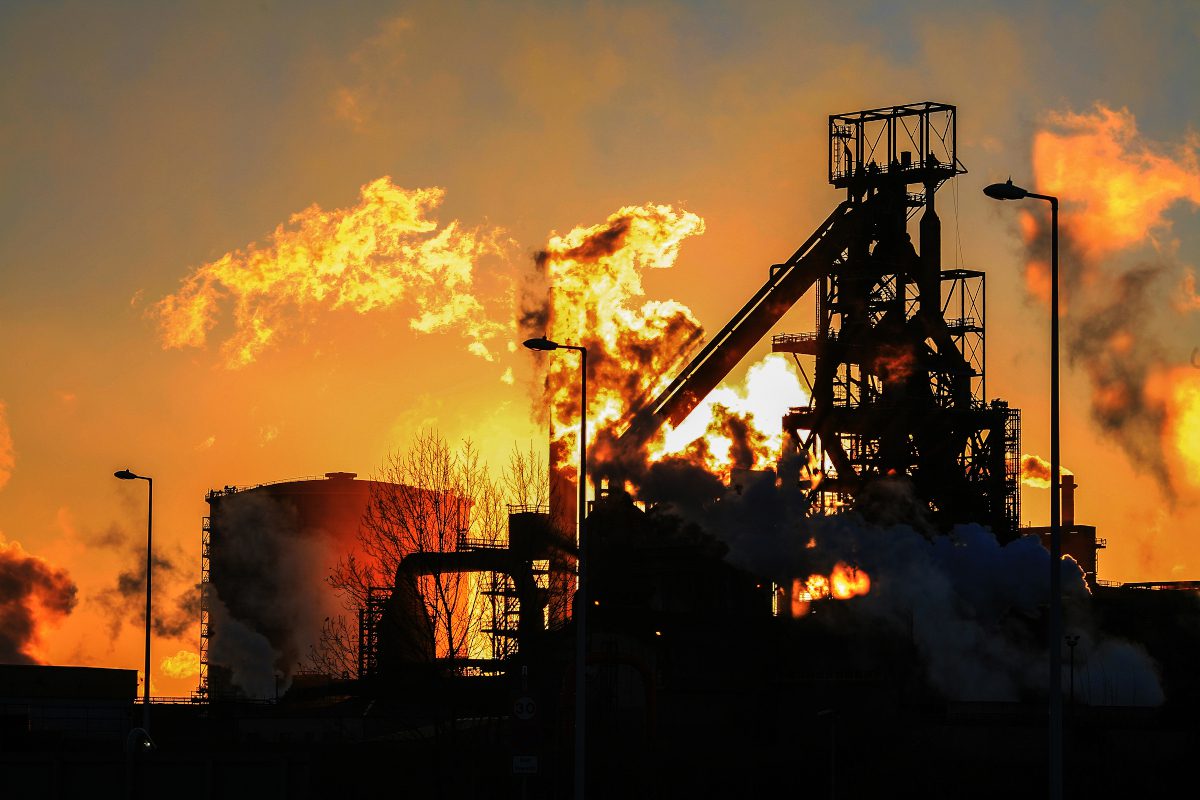Modern commercial aircraft flying at high altitudes create longer-lived planet-warming contrails than older aircraft, according to a new study by researchers at Imperial College London.
The results, according to the group, mean that although modern planes emit less carbon than older aircraft, they may be contributing more to climate change through contrails.
Private jets produce more contrails than previously thought, according to the findings, potentially leading to outsized impacts on climate warming.
Contrails, or condensation trails, are thin streaks of cloud created by aircraft exhaust fumes.
While the exact warming effect of contrails is uncertain, many scientists believe it is greater than the warming caused by carbon emissions from jet fuel.
Published on 7 August in Environmental Research Letters, the study used machine learning to analyse satellite data on more than 64,000 contrails from a range of aircraft flying over the North Atlantic Ocean.
Modern aircraft that fly at above 38,000 feet (about 12km), such as the Airbus A350 and Boeing 787 Airliners, create more contrails than older passenger-carrying commercial aircraft, the study found.
To reduce jet fuel consumption, modern aircraft are designed to fly at higher altitudes where the air is thinner with less aerodynamic drag, compared to older commercial aircraft, which usually fly at slightly lower altitudes (around 35,000ft/11km).
This means these higher-flying aircraft create less carbon emissions per passenger. However, it also means they create contrails that take longer to dissipate – creating a warming effect for longer and a complicated trade-off for the aviation industry.
Double whammy of warming?
Dr Edward Gryspeerdt, the lead author of the study and a Royal Society University Research Fellow at the Grantham Institute – Climate Change and the Environment, said: “It’s common knowledge that flying is not good for the climate. However, most people do not appreciate that contrails and jet fuel carbon emissions cause a double whammy warming of the climate.
“This study throws a spanner in the works for the aviation industry. Newer aircraft are flying higher and higher in the atmosphere to increase fuel efficiency and reduce carbon emissions.
“The unintended consequence of this is that these aircraft flying over the North Atlantic are now creating more, longer-lived, contrails, trapping additional heat in the atmosphere and increasing the climate impact of aviation.
“This doesn’t mean that more efficient aircraft are a bad thing – far from it, as they have lower carbon emissions per passenger-mile. However, our finding reflects the challenges the aviation industry faces when reducing its climate impact.”
The study did confirm a simple step that can be taken to shorten the lifetime of contrails: reduce the amount of soot emitted from aircraft engines, produced when fuel burns inefficiently.
Modern aircraft engines are designed to be cleaner, typically emit fewer soot particles, which cuts down the lifetime of contrails.
While other studies using models have predicted this phenomenon, the study published today is the first to confirm it using real-world observations.
Co-author Dr Marc Stettler, a Reader in Transport and the Environment at the Department of Civil and Environmental Engineering, Imperial College London, said: “From other studies, we know that the number of soot particles in aircraft exhaust plays a key role in the properties of newly formed contrails. We suspected that this would also affect how long contrails live for.
“Our study provides the first evidence that emitting fewer soot particles results in contrails that fall out of the sky faster compared to contrails formed on more numerous soot particles from older, dirtier engines.”
Private jets: the worst offenders?
Even higher in the sky, the researchers found that private jets create contrails more often than previously thought – adding to concerns about the excessive use of these aircraft by the super-rich.
Despite being smaller and using less fuel, private jets create similar contrails to much larger commercial aircraft, the analysis found, which surprised the researchers.
Private jets fly higher than other planes, more than 40,000 feet above earth where there is less air traffic. However, like modern commercial aircraft creating more contrails compared to lower-flying older commercial aircraft, the high altitudes flown by private jets means they create outsized contrails.
Dr Gryspeerdt said: “Despite their smaller size, private jets create contrails as often as much larger aircraft. We already know that these aircraft create a huge amount of carbon emissions per passenger so the super-rich can fly in comfort.
“Our finding adds to concerns about the climate impact caused by private jets as poor countries continue to get battered by extreme weather events.”

















